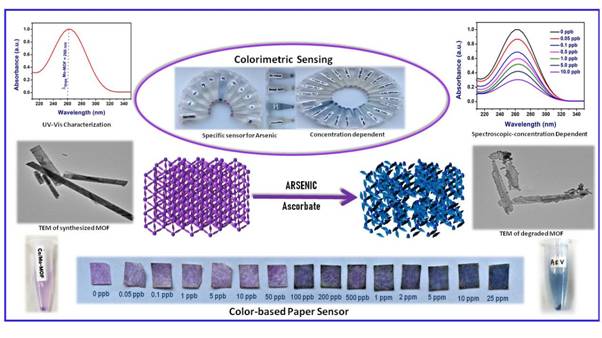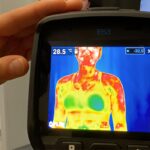December 6, 2024
A new study has established a significant connection between poor sleep quality and metabolic dysfunction-associated steatotic liver disease (MASLD), highlighting the impact of this common liver condition on rest and overall health.
MASLD, formerly known as non-alcoholic fatty liver disease, is the most prevalent liver disorder globally, affecting approximately 30% of adults and 7-14% of children. Alarming projections suggest this rate could exceed 55% among adults by 2040.
The research, conducted by scientists at the University of Basel, Switzerland, and published in Frontiers in Network Physiology, offers the first concrete evidence that sleep-wake rhythms are disrupted in patients with MASLD.
Fragmented Sleep and Daytime Napping
Using actigraph devices to monitor physical activity, light exposure, and body temperature, researchers tracked sleep patterns in 46 adults diagnosed with MASLD, including those with more advanced forms such as MASH (metabolic dysfunction-associated steatohepatitis) and cirrhosis. Their findings were compared against eight individuals with non-MASH-related cirrhosis and 16 healthy volunteers.
Patients with MASLD exhibited 55% more nightly awakenings and spent 113% more time awake after initially falling asleep compared to healthy participants. They also reported increased daytime sleep frequency and duration.
“People with MASLD have significant fragmentation of their nightly sleep due to frequent awakenings and increased wakefulness,” said Dr. Sofia Schaeffer, the study’s lead researcher.
Further, 32% of MASLD patients cited psychological stress as a major contributor to their sleep disturbances, a stark contrast to the 6% among healthy participants.
Implications for Liver Disease and Sleep Health
The study suggests that disrupted sleep patterns could be both a cause and a consequence of MASLD. The researchers highlighted a complex interplay of genetics, environmental factors, immune responses, and metabolic syndrome as potential contributors to the observed sleep disturbances.
Dr. Schaeffer noted that “sleep fragmentation plays a role in the pathogenesis of human MASLD,” emphasizing the need for further research to clarify the relationship.
Addressing the Sleep-Liver Health Connection
With MASLD rates rising and sleep disturbances gaining recognition as a critical public health issue, these findings underscore the importance of addressing sleep health in liver disease management. Identifying and mitigating sleep disruptions could become an integral part of MASLD treatment strategies, offering hope for improved patient outcomes.
As researchers work to unravel the causal relationship between MASLD and sleep disorders, the study reinforces the importance of a holistic approach to health, emphasizing both lifestyle modifications and medical interventions.












